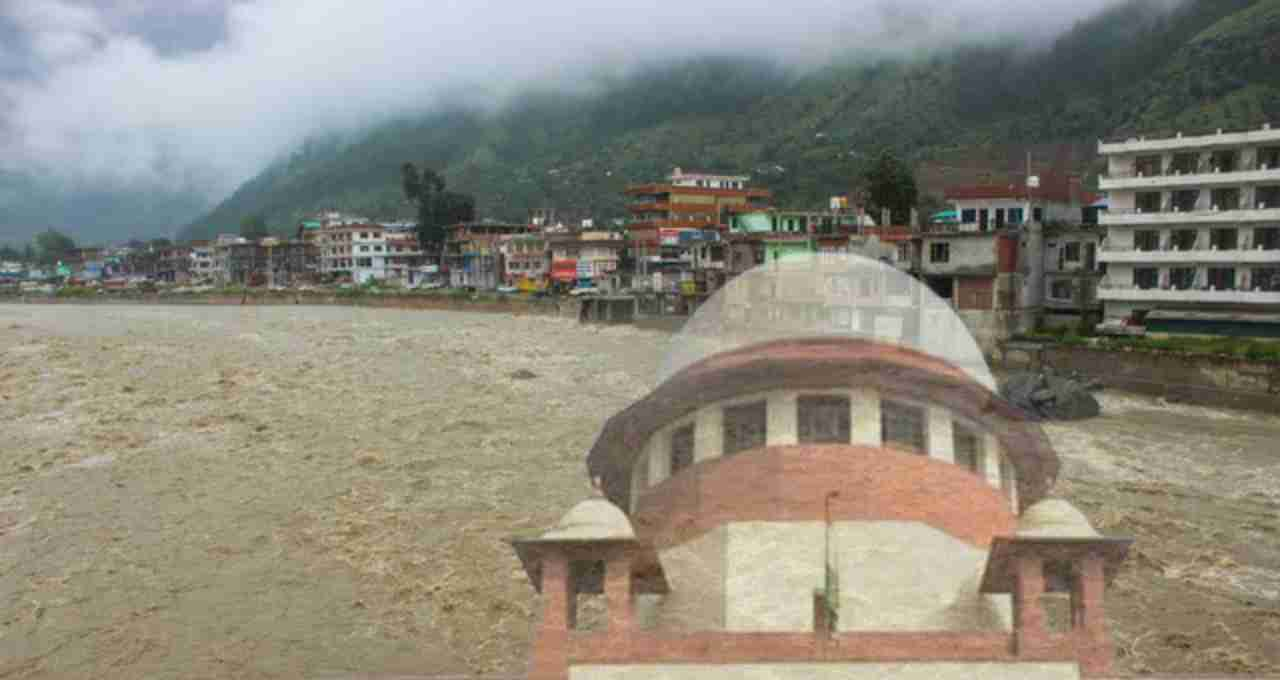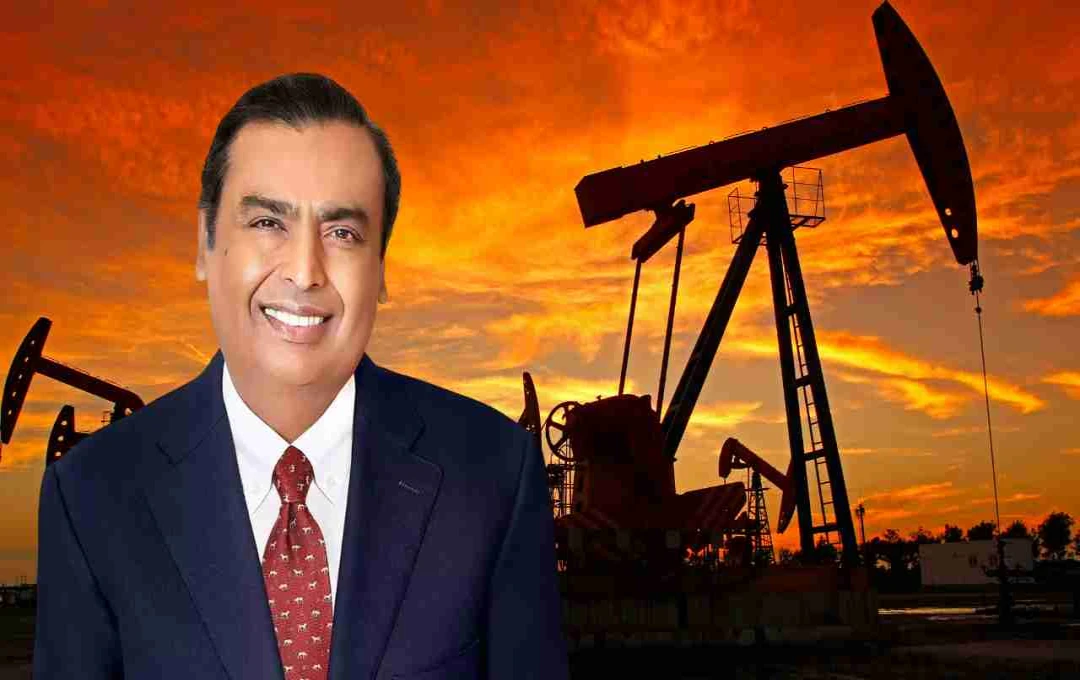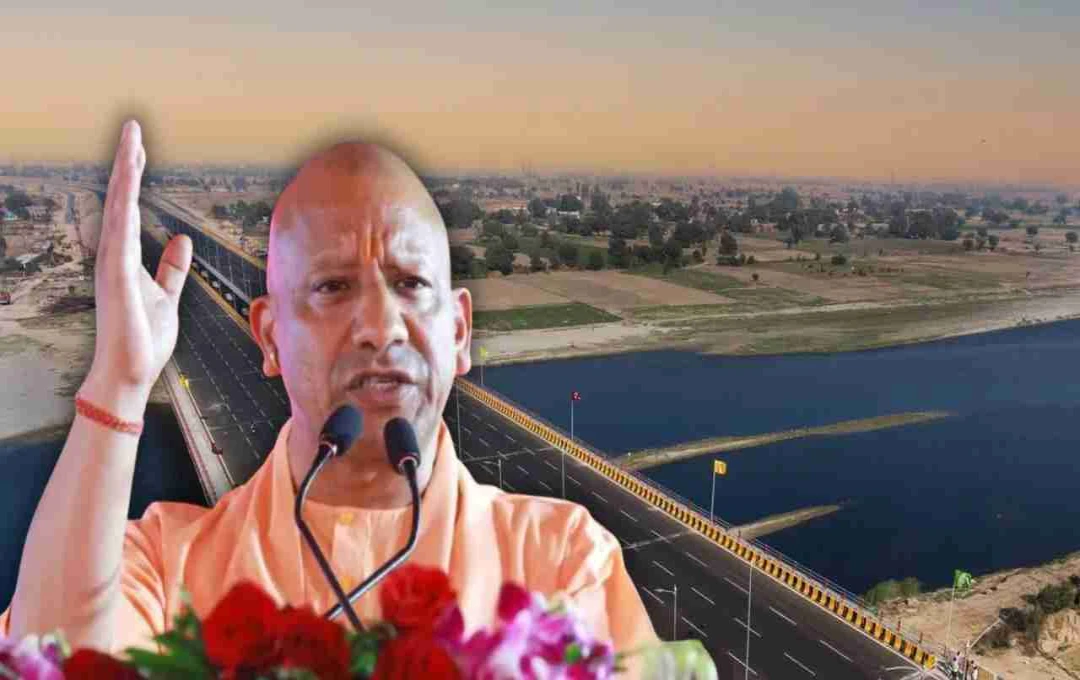The Supreme Court took suo motu cognizance of floods and landslides, issuing notices to the Central Government, NDMA, and states. The court cited illegal tree felling as the primary reason and sought a report on corrective measures within two weeks.
New Delhi: The Supreme Court has adopted a stern stance regarding the incidents of floods and landslides in various parts of the country. The court expressed concern over the situation in affected states, including Delhi, Himachal Pradesh, Punjab, Uttarakhand, and Uttar Pradesh. The court stated that such disasters are not solely due to natural causes but are also attributed to human intervention, particularly illegal tree felling. The Supreme Court has issued notices to the Central Government, NDMA (National Disaster Management Authority), and other relevant agencies, seeking their responses.
Supreme Court Takes Suo Motu Cognizance
Taking suo motu cognizance of the recent disasters, the Supreme Court observed that floods and landslides pose a grave threat to life and property. The court clarified that timely action is crucial to prevent large-scale damage from these events. The court has scheduled the next hearing in this matter after two weeks and has asked the Solicitor General to present information on corrective measures by the government.
States of Concern Mentioned
In its order, the Supreme Court mentioned the states where recent incidents of floods and landslides have caused devastation. These include Delhi, Himachal Pradesh, Punjab, Uttarakhand, and Uttar Pradesh. Furthermore, Jammu and Kashmir was specifically highlighted, where the risk of disasters has increased due to illegal tree felling and uncontrolled construction activities in hilly areas. The court stated that due to the disruption of the natural balance in these states, incidents of floods and landslides are occurring continuously.

Illegal Tree Felling Identified as a Major Cause
The Supreme Court emphatically stated that widespread illegal tree felling in Himachal Pradesh, Uttarakhand, and Jammu and Kashmir is at the root of these disasters. The court also noted that development works carried out with disregard for the environment have further worsened the situation. When trees are felled indiscriminately, the soil's grip weakens, causing landslides during rainfall. This not only leads to landslides but also disrupts the flow of rivers, resulting in flood-like conditions.
Notices Issued to Central Government and Agencies
The court has issued notices to the Central Government and the NDMA, along with other relevant agencies, inquiring about the steps taken so far in this regard. Additionally, the court has directed that a concrete plan be prepared to tackle such disasters in the future. The need for measures such as forest conservation, river management, and prevention of illegal construction in hilly areas has been highlighted.
Hearing Scheduled After Two Weeks
The Supreme Court has not made any final pronouncements on the matter as of now. The court has stated that the Central Government and relevant agencies will have to submit a detailed report during the hearing scheduled after two weeks. This report should include current disaster prevention measures as well as future strategies.














